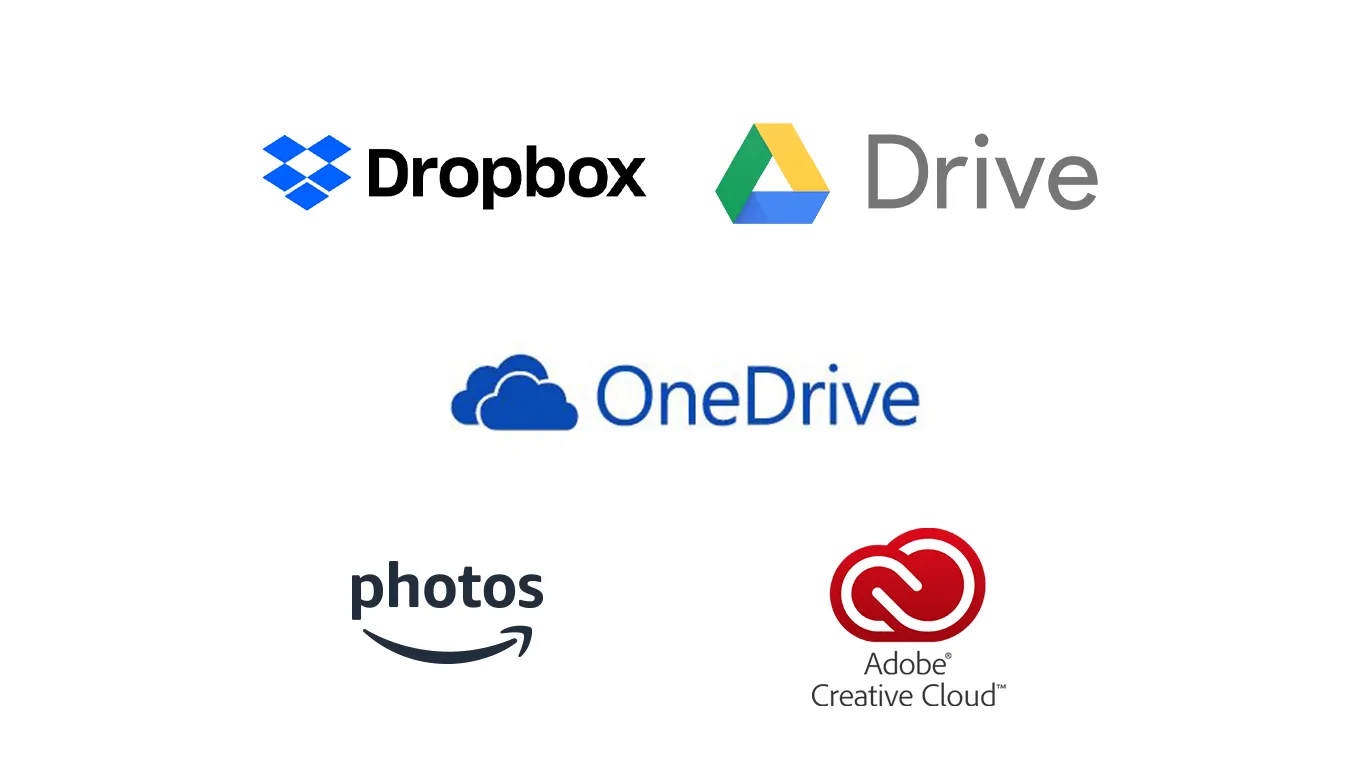Cloud storage services have revolutionized how individuals and businesses store and access their data. However, the rise of this technology has also attracted scammers who pose as legitimate cloud storage providers. These fake providers aim to steal your money, compromise your data, or both. In this guide, we’ll explore how to identify fake cloud storage providers, the red flags to watch out for, and actionable steps to protect yourself from falling victim to these scams.
What Are Fake Cloud Storage Providers?
Fake cloud storage providers are fraudulent entities or platforms that claim to offer cloud storage services but have ulterior motives. They may:
- Steal Your Data: Harvest sensitive information such as personal documents, passwords, and financial details.
- Demand Payments Without Service: Charge you for non-existent or subpar storage services.
- Install Malware: Use their software to infect your devices with malicious programs, such as ransomware or spyware.
How to Spot Fake Cloud Storage Providers
Recognizing the signs of a fake provider can save you from losing money or compromising your data. Here are the key red flags:
1. Unrealistic Pricing or Unlimited Free Storage
- Scammers often lure users with offers that seem too good to be true, such as unlimited free storage or extremely low monthly fees.
- Legitimate providers typically charge fees that align with industry standards based on storage capacity and features.
2. Poor Website Design and Functionality
- Fake providers may have websites that look unprofessional, lack SSL certificates (indicated by “not secure” warnings), or contain broken links and errors.
- Authentic cloud storage providers invest in high-quality, user-friendly websites.
3. Lack of Transparent Information
- Scammers often omit key details, such as physical addresses, company registration numbers, and customer support contact information.
- Look for clear terms and conditions, privacy policies, and company details on their website.
4. No Reviews or Fake Reviews
- A lack of online reviews or an abundance of overly positive, generic reviews can indicate a scam.
- Check for reviews on independent platforms like Trustpilot or Reddit to verify authenticity.
5. Insecure Payment Methods
- Fraudulent providers often request payments through untraceable methods like cryptocurrency or wire transfers.
- Legitimate companies accept secure payment options, such as credit cards or PayPal, with buyer protection.
6. Pushy or Urgent Sales Tactics
- Scammers use high-pressure tactics to rush you into making a decision, such as limited-time offers or fake warnings about running out of storage space.
- Reputable providers give you time to compare plans and make an informed choice.
How to Avoid Fake Cloud Storage Scams
Here are some essential measures to safeguard yourself:
1. Verify the Provider’s Legitimacy
- Research the provider’s history, reviews, and reputation online.
- Verify their domain registration details using WHOIS tools to ensure it aligns with the company’s claims.
2. Use Reputable Providers
- Stick to well-known cloud storage providers like Google Drive, Dropbox, Microsoft OneDrive, or Amazon S3. These companies have established trust and security protocols.
3. Inspect Security Features
- Ensure the provider offers end-to-end encryption, two-factor authentication (2FA), and compliance with data protection regulations like GDPR or HIPAA.
4. Avoid Clicking on Unsolicited Links
- Be cautious of unsolicited emails or ads promoting cloud storage services. These links may lead to phishing websites.
- Always type the provider’s URL directly into your browser instead of clicking on links.
5. Test the Service
- Many legitimate providers offer free trials. Use this period to evaluate their service, functionality, and customer support.
- Avoid entering sensitive data during the trial until you’re confident in the provider’s authenticity.
6. Regularly Monitor Your Accounts
- Keep an eye on your financial statements and online accounts for unauthorized charges or suspicious activity.
- Set up alerts for transactions above a specific amount.
7. Backup Your Data Locally
- Always maintain a local backup of your important files. This ensures you’re not entirely dependent on any one cloud storage provider.
Steps to Take if You Fall Victim to a Scam
If you suspect you’ve been scammed by a fake cloud storage provider, take the following steps immediately:
- Cease All Communication: Stop engaging with the provider to avoid further exploitation.
- Change Your Passwords: Update passwords for all accounts linked to the cloud storage provider.
- Run a Malware Scan: Use reputable antivirus software to check your devices for malware or spyware.
- Contact Your Bank: If you’ve made payments, notify your bank or payment provider to dispute charges and secure your accounts.
- Report the Scam: Inform your local authorities, cybersecurity agencies, or platforms like eXposingScam to warn others.
Conclusion
Fake cloud storage providers are a growing threat in today’s digital age. By understanding their tactics and taking preventive measures, you can protect your personal and business data from falling into the wrong hands. Always prioritize security, conduct thorough research, and trust your instincts when evaluating cloud storage services. Remember, if an offer seems too good to be true, it probably is.














